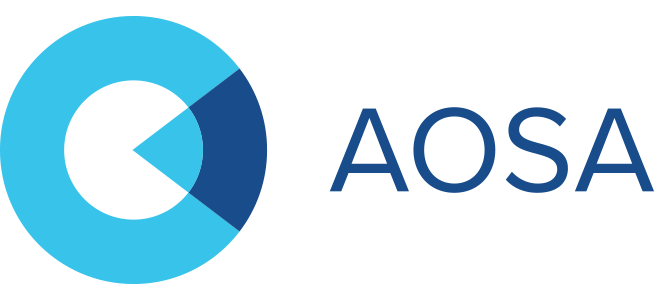Before I began my journey as an optometry student, I had come to the realization that our profession lacked the social recognition that other health care professionals have. Growing up, I had very little interest in optometry until I got to college. Why? I simply didn’t know the profession existed for 364 days of the year. The one day of the year where I remembered optometry was a thing was when I was forced to get an eye exam to be able to compete for my school’s sports team. I didn’t see optometrists at my school, on media representation, or even academic fairs held by schools to get students interested in health care. This lack of exposure is the reason I believe that there are so many misconceptions about optometry among the public. However, one misconception needs to be actively addressed for our profession to continue to thrive and grow:
“Are optometrists real doctors?”
Not only has this question continued to follow me throughout my time as a student, but it also has followed many optometrists who are well into their professional careers. My instinctive reaction when I’m asked this question is to become defensive—I believe that my reaction is completely justifiable, especially with all the sacrifices I’ve made to obtain my doctorate. As time goes on, more people continue to question the legitimacy of optometry as a health care profession and my ability to treat patients. I was sick of the uncomfortable tension that formed every time I was asked this question due to my inability to properly handle the question. Despite being flustered or even angry the first few times I was asked if I was actually becoming a doctor, I slowly learned how to handle this question with grace. Hopefully by educating one person at a time about the true potential of our profession, it will begin to shift the public’s image of optometrists.
What did I do to change the way I approached this question when asked? First, I must put myself in the person’s shoes. The general public who have no experience in health care tend to have a difficult time differentiating between ophthalmologists, optometrists and opticians. I like to take the question with a grain of salt and educate the person, ensuring that I am completely qualified to examine their vision and eye health. Depending on who asked, there isn’t a need to go on a long tangent. Something as simple as, “Yes, I am a board-certified doctor of optometry who is licensed to do a wide range of things during eye exams. Anything outside my scope of practice like surgeries will need to be referred out.” Sometimes, that would be adequate, but there are times where disclosing your schooling and training would further solidify your qualifications to the person. There will be times when someone may have an issue with the utilization of “doctor” in your name or practice. Doctor is a title given to anyone who holds a doctorate. If you state that you are an optometrist, full transparency has been disclosed and you choose to honor the title that you are federally recognized by.
Although educating one person at a time will eventually have its positive effects, what can we do on a bigger scale to change the perception about us in the community? As I mentioned before, the lack of representation was a big issue. Dentistry had a massive change in their career prospects after a series of high-quality commercials were aired in 1995. Optometry lacks the implementation of marketing and advertising strategies that other professions have. Our community needs to think bigger on the macroscale on how to educate the public about our profession. The AOA is currently working on campaigns toward increasing the amount of exposure to the public about optometry. One successful campaign that reached billions included pro-surfer Caroline Marks, showing how optometrists were the unspoken hometown heroes for many. However, it’s also up to individual optometrists and optometry students to drive those messages into the homes of our patients as well. As we all continue to push for our profession to be shown in the limelight, the misconception about our ability and scope of practice will start to resolve.

